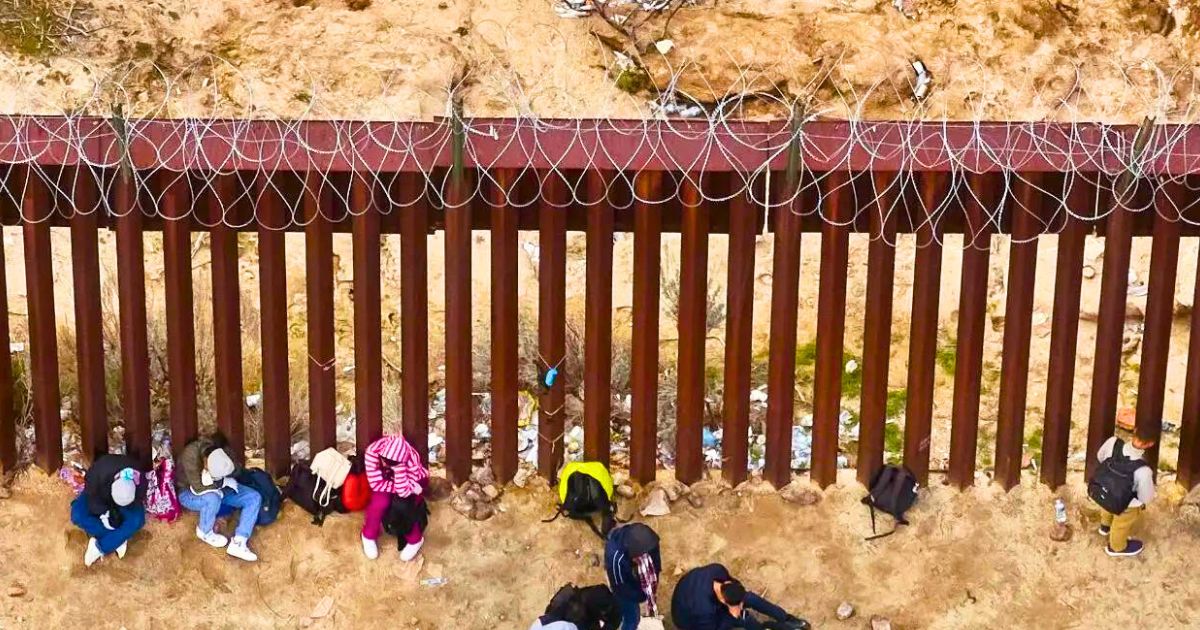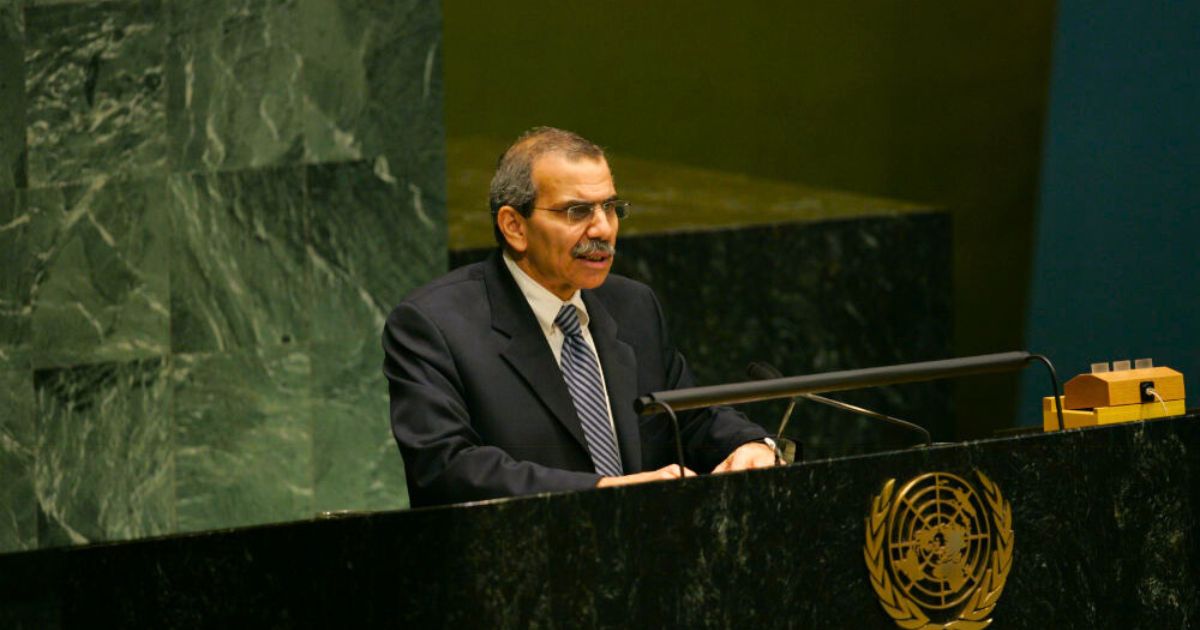Iran’s Judicial Authority issued on Thursday a “document on judicial security” signed by its judiciary chief Ayatollah Ebrahim Raisi and that was later released by Iranian news agency Mizan Online.
The judicial document declared the banning of torture, indicating that the banning means protecting the defendants’ rights from any violation and ensuring the transparency of the judicial process. It also guarantees “consular access” for foreign nationals.
This decision came after videos of police officers assaulting detainees in Tehran recently circulated the internet.
The Judiciary Chief denounced the officers’ acts, saying that these violations of civil rights are “strictly forbidden”, and ordered measures to be taken against them.
However, torture and police brutality, including “unlawful killing” have been ongoing in Iran for a long time and more strikingly since the uprising of the people in November of 2019.
Earlier last month, on September 2nd, Amnesty International released a damning report on Iranian authorities’ use of torture, and in which it states the following:
“Iran’s police, intelligence, and security forces, and prison officials have committed, with the complicity of judges and prosecutors, a catalog of shocking human rights violations, including arbitrary detention, enforced disappearance, torture, and other ill-treatment, against those detained in connection with the nationwide protests of November 2019.”
Human Rights Watch (HRW) released as well a similarly damning report that same day, which sums up as follows:
- Widespread torture, including beatings, floggings, electric shocks, stress positions, mock executions, waterboarding, sexual violence, forced administration of chemical substances, and deprivation of medical care,
- Hundreds subjected to grossly unfair trials on baseless national security charges,
- Death sentences issued based on torture-tainted “confessions.”
Now, with the judicial banning of torture, it is hoped that these shocking treatments of human beings in Iran would stop.
The new guidelines issued by the government include the banning of forced confessions, solitary confinement, and illegal police detentions.
They also bring forward the right to freely choose a lawyer and “the principle of the presumption of innocence,” which means that a person is innocent until proven guilty.
Iran’s judiciary chief Ayatollah Ebrahim Raisi stated that he wants to see the new regulations banning torture in his country respected.
















